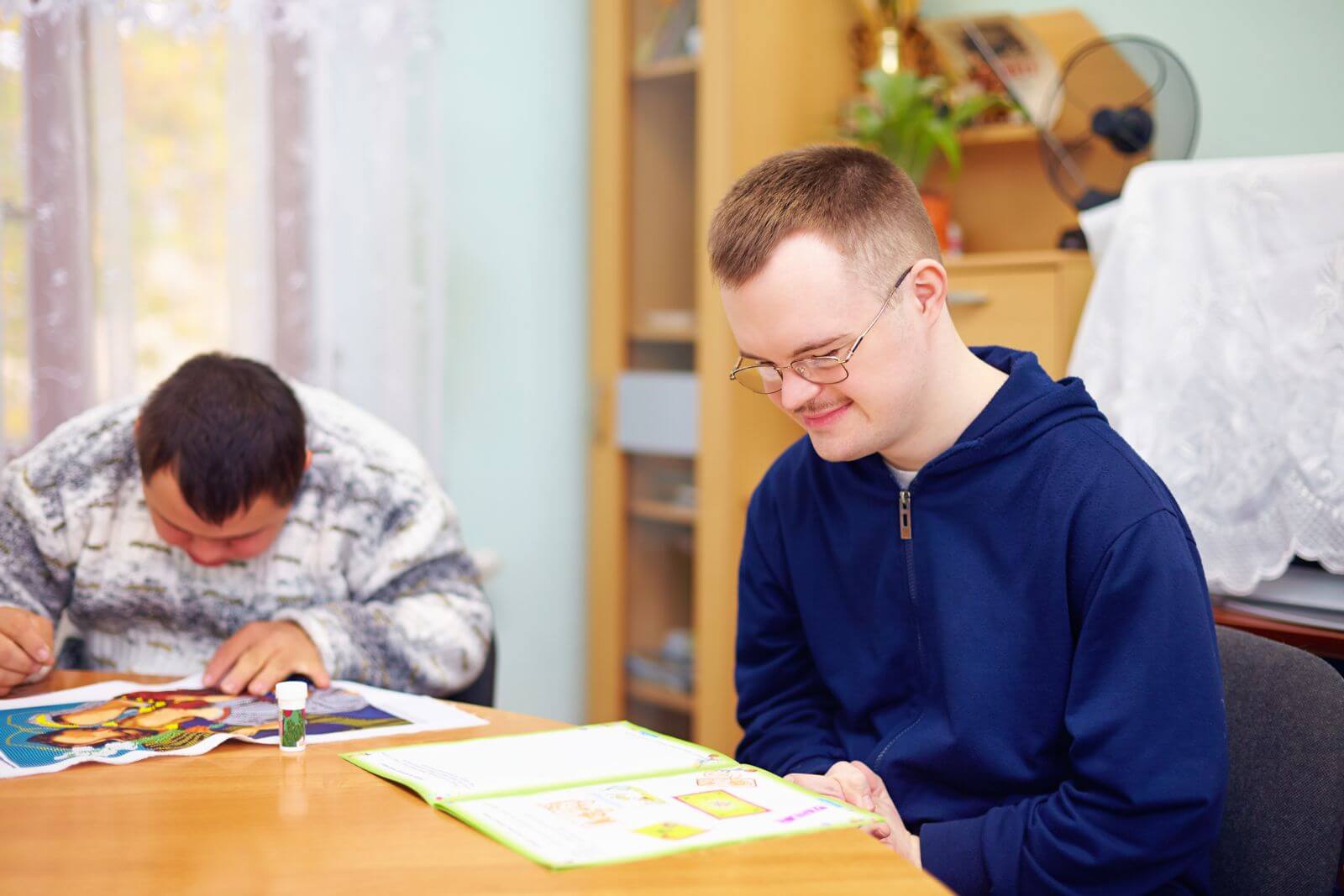
People with disabilities have legal rights to have equal opportunities and live the lives they choose.
Under the Equality Act 2010, a disability is a protected characteristic. This means that it is illegal to discriminate against somebody because they have a disability, just the same as it is to discriminate against somebody because of their race, religion, gender or sexual orientation.
As well as all the rights that someone without a disability has, here are just a few legal rights for disabled people.
Your legal rights at work
It is illegal for employers to make decisions about your job based on your disability unless your disability makes it impossible to carry out the tasks required of the job
That includes the decision to hire you, how much they pay you, promoting you, disciplining you or terminating your employment. Pragmatism and fairness are essential here, for example, it would be acceptable not to hire somebody for a firefighter job if they used a wheelchair, but it would not be acceptable to hire them and then pay them less than others or discipline them because they couldn’t run up the stairs in a burning building.
This works both ways, so just as employers cannot refuse to promote somebody because they are disabled, they also can’t promote somebody because they are disabled. This is a form of indirect discrimination because it puts others who don’t have the protected characteristic at an unfair disadvantage.
Your employer must make reasonable adjustments for your disability
This includes the application process, the interview and your whole time working with them.
For example, a reasonable adjustment would be an employer purchasing a ramp and a lower desk for somebody in a wheelchair, or dictation software for somebody with visual impairment. An unreasonable adjustment would be expecting an employer to learn fluent British Sign Language to interview a deaf person, but it would be reasonable for them to hire an interpreter for the duration of the interview.
Employment and Support Allowance (ESA)
If you can’t work more than 16 hours a week directly because of your disability, the Job Centre can assess your eligibility for ESA.
The payments can be up to £140.55 a week for the 2025/26 tax year, depending on your age, how much National Insurance you’ve paid and which category you’re put into after your assessment. The categories are the ‘work-related activity group’, which is for people who can get back to work full time (for example they are recovering from an accident and they are now legally disabled but their condition will improve) and ‘support group’, for people whose condition will not improve.
Your legal rights in education
Schools cannot discriminate against you because of your disability
Schools must make reasonable adjustments, as with employers. This could be support staff or equipment, but unlike employers, schools are expected to make their building accessible in general. School staff cannot discipline, victimise or harass somebody because of their disability. For example, a PE teacher who gave somebody with cerebral palsy detention for refusing to attempt the high jump would be committing a crime.
Again, sometimes an action is reasonable and not discrimination. For example, not allowing somebody with a severe learning disability to enrol on a course that it would be impossible for them to complete is not discriminatory, especially since that place could go to somebody who can complete it. In a case like this, the school or college should still assess the person’s capability before making a decision.
Disabled Student’s Allowance (DSA)
This is financial support from the government to help you with your studies in areas that you may find more difficult because of your disability. The money goes towards any equipment you may need or to pay a non-medical helper to assist you. This assistance could be study skills, organisation or helping you to get to classes.
Your legal rights to support if you have a disability
Personal Assistants to help with your day to day living
Many disabled people choose to hire a PA to assist them with tasks they have difficulty with due to their disability and to help them to be independent. PAs can help with all manner of things, from household management to supporting you at work to supporting your hobbies.
PAs can be hired and paid for privately or as part of your benefits.
You may be eligible to receive certain benefits
Disability benefits are available to support people with their everyday needs. You can receive Universal Credit if your disability renders you unable to do any sort of paid work, or other benefits to support you to live independently. You’ll need to be assessed and may then receive payments such as Personal Independence Payment or Blind Person’s Allowance.
Each type of benefit payment has certain criteria and how much you’ll receive is highly individual.
Find your ideal care home
- Explore a wide range of care options and facilities
- Read independent ratings and reviews
- Connect directly with care homes to book a tour and discuss your needs


